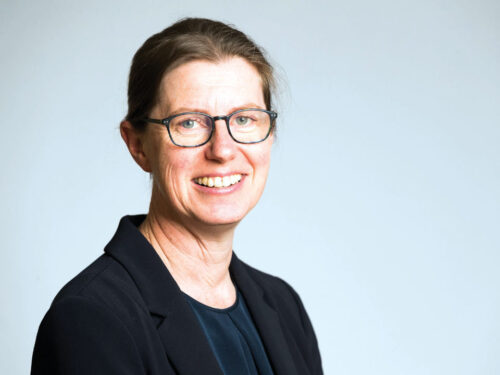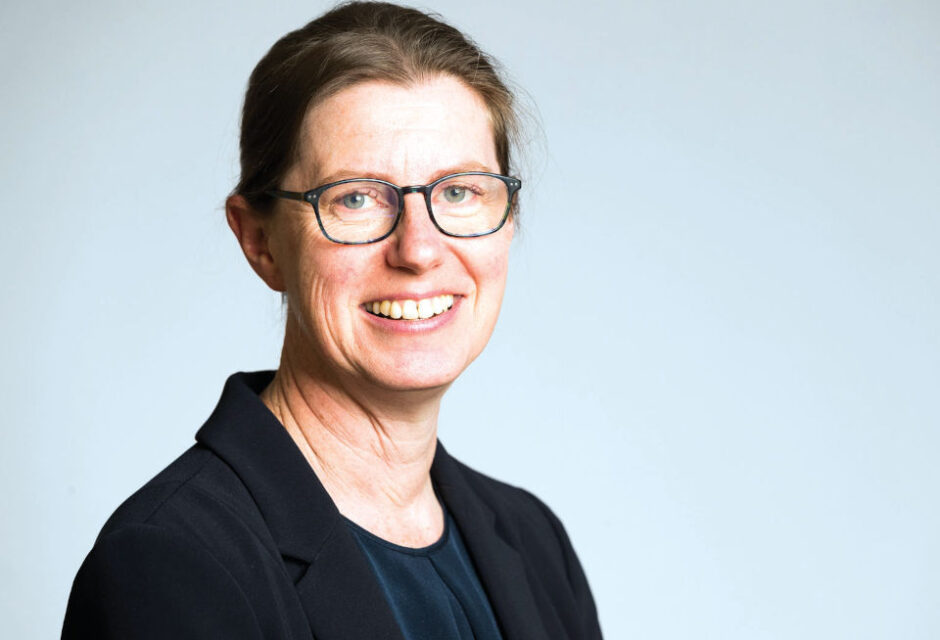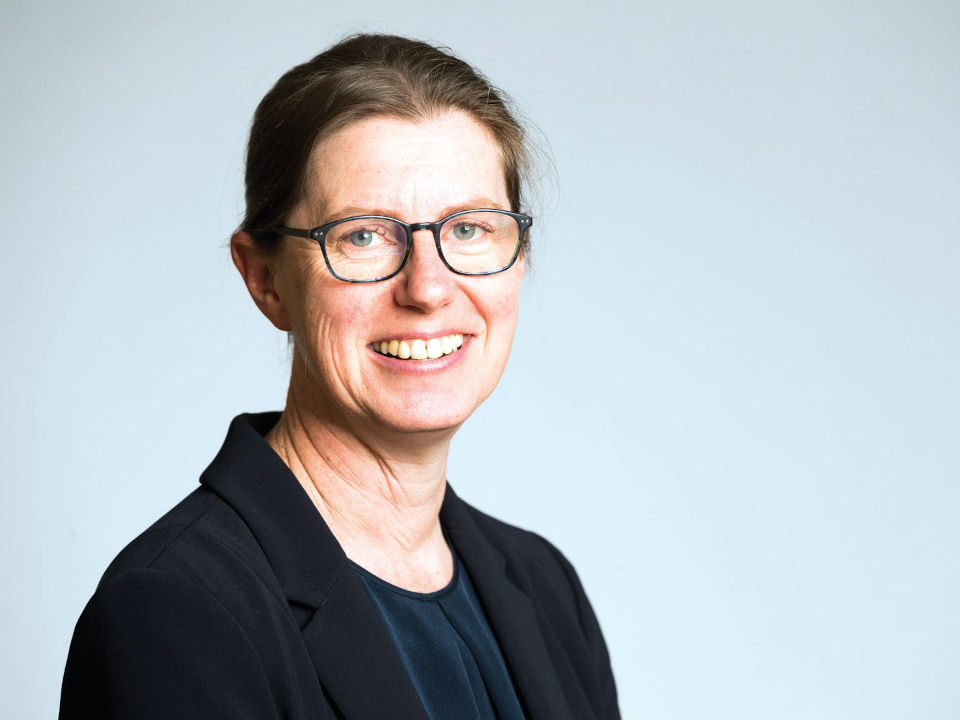
The tragic deaths of three young girls in Southport were followed by unacceptable violence and unrest across some towns and cities, fuelled by misinformation, disinformation and racism. Sadly, these events will have a deep and long-lasting impact on our communities, our children and our staff, particularly people from global majority backgrounds.
Councils have a role in helping our communities and staff to recover and heal from this, to settle community anxieties which, understandably, remain high, and to promote and encourage social cohesion. It’s important to say that the actions of the bad actors in no way represent the views of most people in this country who recognise the benefits of and value diversity. We have also seen the very best of our communities with many people coming together to stand up against racism, hate and violence, to help with clear up efforts and to check in with neighbours.
Long after the broken windows and the fire damaged buildings have been repaired and rebuilt, local communities and the staff that serve them will continue to feel the toll of that week or so of unrest. As leaders in place, and leaders of large, diverse, committed teams, part of our job is to help them through that.
In the weeks following the riots, we saw the rapid arrests and convictions of some of those who were involved. It’s become clear that too many children and young people were caught up in these events, whether by chance, by the influence of family and friends or by the widespread misinformation and disinformation being spread online.
Directors of children’s services are concerned about the long-term impact on children and young people who are facing or have been charged with serious offences because of their involvement. Children in the criminal justice system must be viewed as children first and foremost; they are developmentally different to adults and have different support needs. Directors are similarly concerned about the impact on children’s mental health, their sense of belonging and their views towards other people after seeing footage of the riots and hateful rhetoric on the news or on their social media feeds.
One issue that particularly concerns me is how rapidly mis/disinformation spreads and how we can best equip children and young people with the tools to consider what is true online and what isn’t. This is a rapidly evolving area, and there is a need for more research here, but there is a much needed role for anyone who works with children and young people, including councils, schools, and the Department for Education as well as parents, to support children and young people to develop the skills they need to critically question the information they come across online.
With schools now open after the summer holidays, groups of children and young people will be meeting and mixing for the first time after these events and many of these issues may return to the fore. I hope we will see strong leadership from national and local government on these issues.
Rachael Wardell, ADCS Vice President 2024/25.
Too many children were caught up in riots, this column first appeared on the LGC website in September.



